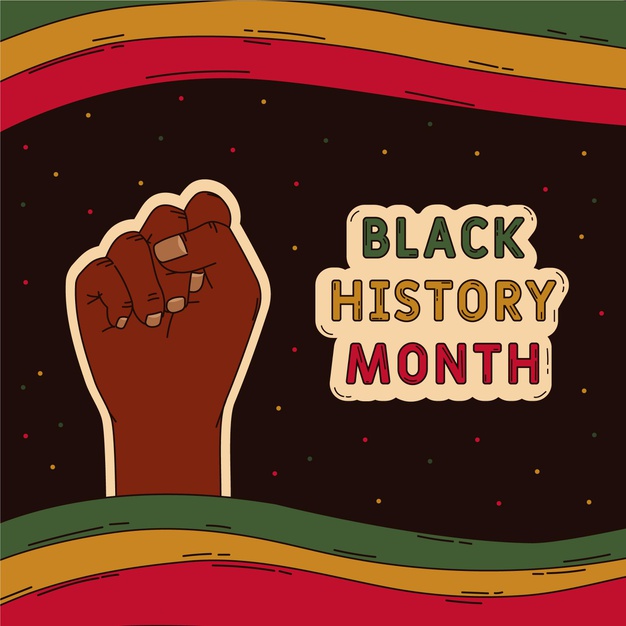What is Black History:
Note: Joe Massey is a long time member of the CHS staff, and a representative of the Black community, who is guest writing for The Talon in honor of Black History Month.
What is Black History:
Black History Month is a celebration of achievements by African Americans and a time for recognizing their role in U.S. history.
When you think of Black History Month, the people that come to mind are Martin Luther King, Rosa Parks, Frederick Douglass, or maybe Harriet Tubman? Yes, these are some of the great Black heroes who deserve to have their stories told in history books. There are also many other African Americans and events that have contributed to Black history such as, Medgar Evers, Ruby Bridges, Henrietta Lacks, Fred Hampton, Huey P. Newton, Marcus Garvey, the Tuskegee Airmen, how about Bloody Sunday or the Story of Four little girls. The list goes on. Black History Month is only twenty eight days out of a year. Twenty eight days is not enough time to learn about other great African Americans who sacrificed their lives to make a place in history.
In August of 1619, the first ship that contained Africans, arrived at the British colony of Virginia. For over 400 years African Americans have been in America. So why is the history about African Americans only acknowledged for one month a year? We as African Americans have always had to fight to be considered equal. Fight for freedom, civil rights, the right to vote, equal education, equal housing, equal pay medical care, etc. We are still fighting for these same things today. Adding fighting to stay alive, and not be killed by a Police officer or a vigilante who decides to take the law into his own hands. African Americans have been fighting for years, so there’s a lot more history that should be taught in basic history classes. Its not just Black History it’s history. We’re writing new chapters. President Barack Obama, Vice President Kamala Harris, and the Black Lives Matter movement; we have so much more to add to history. So lets not limit the history of African Americans to just one month. My hope is one day schools will give students a choice, to learn more about Black history, and offer classes on African American Studies. For now, I encourage everyone to research anything you want to know about Black History.
Article #2 is a Black History fact from one of my Facebook posts:
Bloody Sunday
The Selma to Montgomery March for voting rights ended three weeks, and three events, that represented the political and emotional peak of the modern civil rights movement. On “Bloody Sunday,” March 7, 1965, some 600 civil rights marchers headed east out of Selma on U.S. Route 80. They got only as far as the Edmund Pettus Bridge six blocks away, where state and local lawmen attacked them with billy clubs and tear gas and drove them back into Selma. Two days later on March 9, Martin Luther King, Jr., led a “symbolic” march to the bridge. Then civil rights leaders sought court protection for a third, full-scale march from Selma to the state capitol in Montgomery. Federal District Court Judge Frank M. Johnson, Jr., weighed the right of mobility against the right to march and ruled in favor of the demonstrators. “The law is clear that the right to petition one’s government for the redress of grievances may be exercised in large groups…,” said Judge Johnson, “and these rights may be exercised by marching, even along public highways.” On Sunday, March 21, about 3,200 marchers set out for Montgomery, walking 12 miles a day and sleeping in fields. By the time they reached the capitol on Thursday, March 25, they were 25,000 strong. Less than five months after the last of the three marches, President Lyndon Johnson signed the Voting Rights Act of 1965 the best possible redress of grievances.






